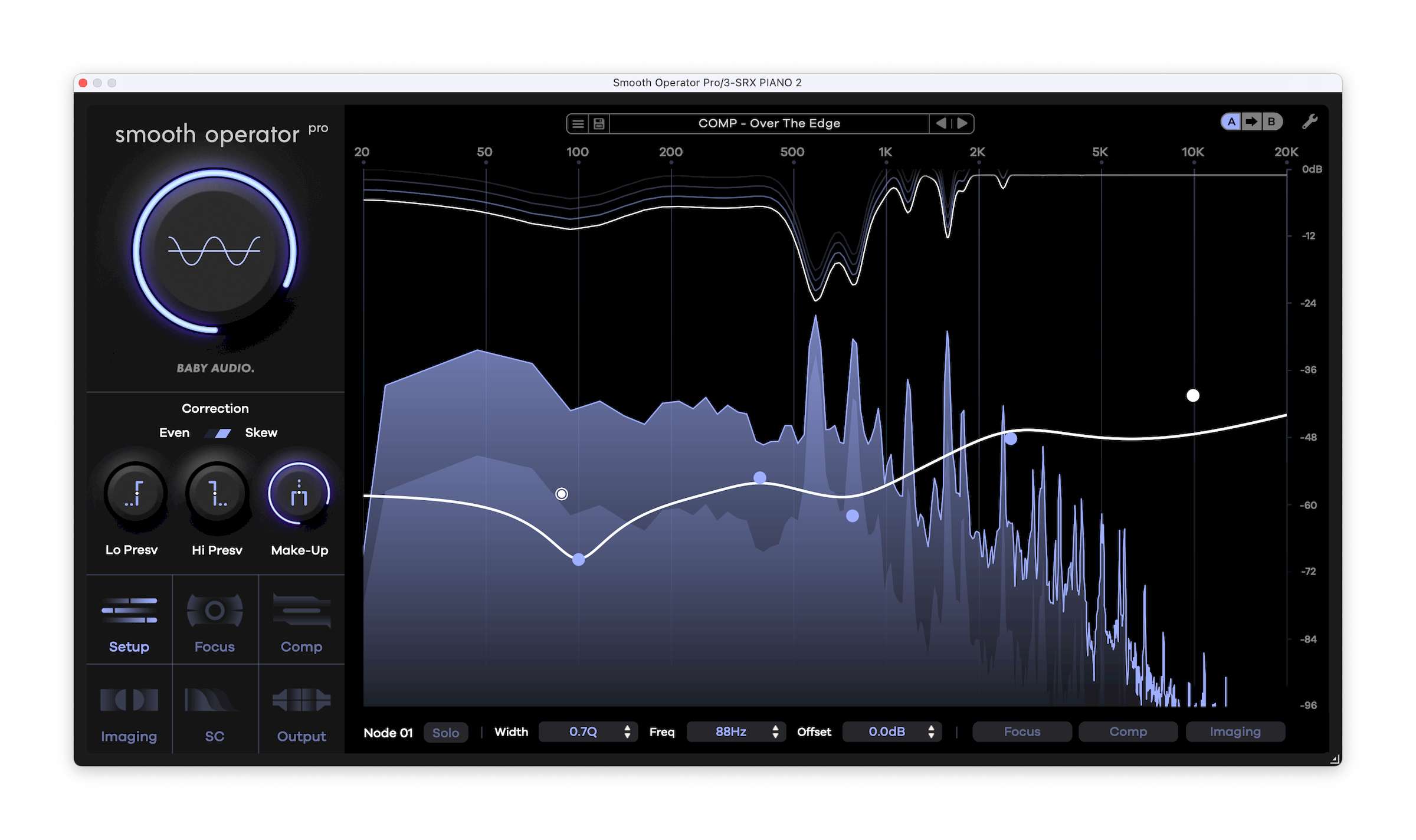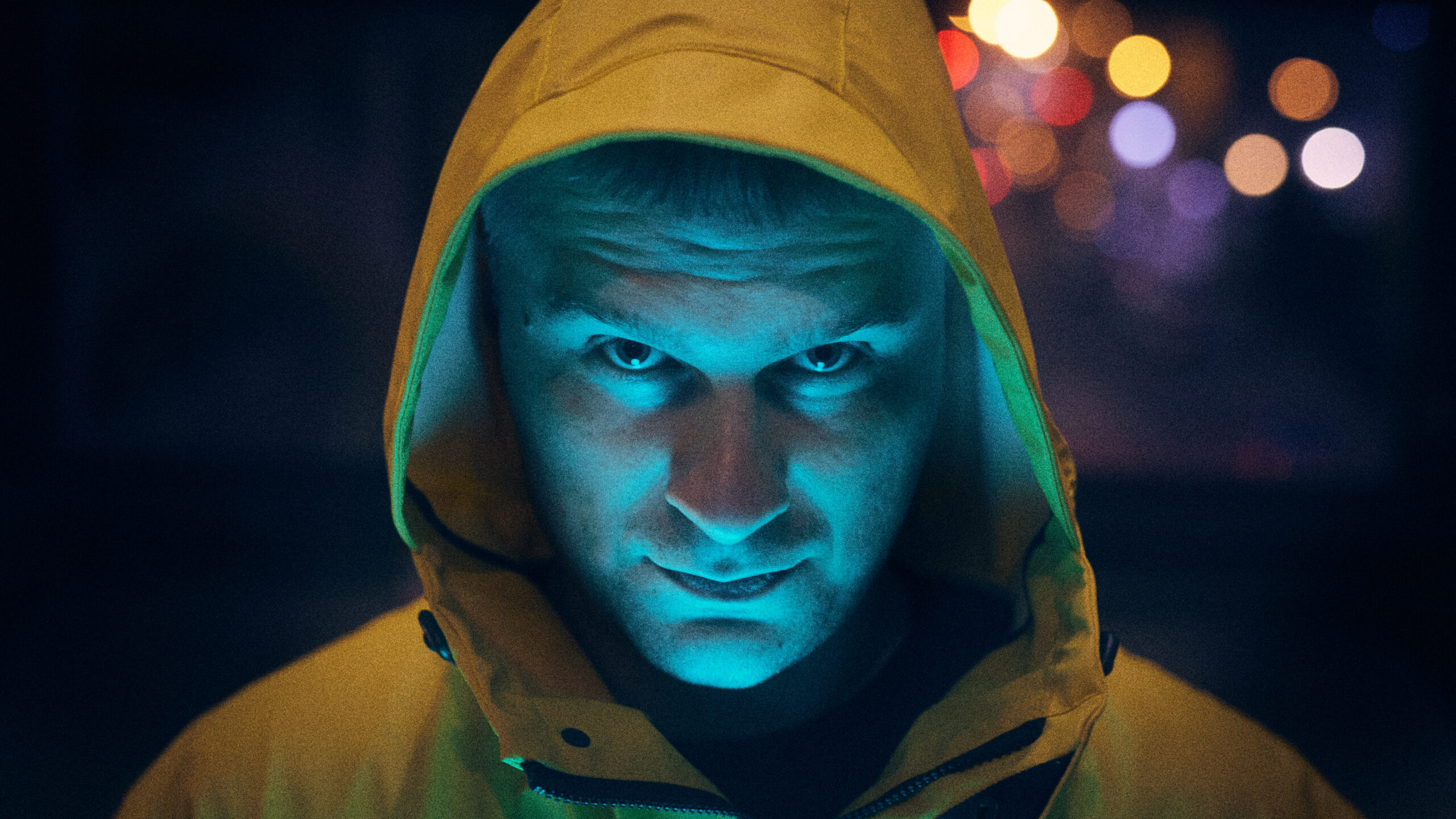‘PAVEMENTS’ review: Alex Ross Perry crafts a funny, very meta, perfectly Pavement film about the ’90s indie rock icons
‘PAVEMENTS’ blurs the line between documentary, biopic, and jukebox musical for a multilayered real/fake bricolage that is as brash and idiosyncratic as the band itself.

Music biopics and documentaries can feel like two extremes for fans of the musicians they happen to depict. On the one hand, the Hollywood biopic simplifies and sanitizes things for a broad audience, which leaves real fans of, say, Bob Dylan, feeling like it doesn’t really capture what they love about him. On the other hand, music documentaries, especially in the age of the multi-part streaming doc, are often long-winded, dry, and self-promotional, and not really a great way for new fans to discover old bands.
Enter Alex Ross Perry’s PAVEMENTS, which tries to hybridize these two modes, on top of a whole bunch of other ones, in an attempt to capture, in Perry’s own words, the “ecstatic truth” of beloved but not exactly incredibly famous band, Pavement. The result is a kaleidoscopic, hard-to-explain cinematic document that feels true to the band in a way that constitutes a formal breakthrough in the ongoing project of memorializing musicians on screen. PAVEMENTS begins with a tongue-in-cheek declaration: Pavement is “the world’s most important and influential band.” It then proceeds to construct a hybrid real/fake world in which this statement is actually true.
PAVEMENTS is not the first music movie to try and complicate the traditional biopic — Todd Haynes’s Dylan portrait I’m Not There, which similarly fragments itself and calls attention to its own formal construction, is a notable predecessor. It’s also far from the only recent project to blur the line between fiction film and documentary, but it challenges for the largest sheer number of variations on that particular dichotomy. There’s straightforward documentary footage of Stephen Malkmus, Spiral Stairs and company rehearsing for and performing shows from their 2022 reunion tour. There’s archival footage from the band’s late ’80s origin and their ’90s heyday. There’s footage from the fake biopic that Perry shot with Hollywood actors, including Stranger Things’ Joe Keery as Malkmus, as the band and their Matador bosses (Jason Schwartzman, Tim Heidecker), as well as fake behind the scenes footage of the making of the fake biopic. If this wasn’t enough, there are also Perry’s real-world interventions into Pavement’s legacy—he staged an off-broadway jukebox musical called Slanted! Enchanted! from their songs and put together a pop-up museum exhibit about them (made up of almost entirely bogus artifacts). We see footage of the rehearsal and performance of the musical, which sends up the genre, and of the museum opening with performances of Pavement songs by Bully, Speedy Ortiz, Snail Mail, and Soccer Mommy.
If this list of stuff seems like a lot, it’s nothing compared to watching the actual movie, which stitches all of this together — via an absolutely dazzling editing job by the accomplished documentarian Robert Green — into a dense, multilayered real/fake bricolage that never quite lets the audience get comfortable with any one angle of approach. The movie makes extensive use of split screen, juxtaposing two or more of these modes against one another, and at the same time will often cut different versions of Pavement songs together, toggling between studio recordings, live performances, demos, and musical-theater performances mid-song, perversely undercutting the Pavement fan’s desire to simply enjoy some of their favorite tracks. The whole thing is playful, post-modern, and self-referential, which all feel like very Pavement qualities, though the film also expresses a cacophony and a virtuosity that feels productively in tension with Pavement’s fundamental laid-backness.
The Keery-led sections of the movie have gotten the most press, and they’re the film’s funniest. There’s a lot of pleasure and humor in seeing certain semi-notable scenes from the band’s career—the decision to release Wowee Zowee on three-sided vinyl, the mud-slinging incident on the DC-area leg of the Lollapalooza tour—play out as cliched Hollywood moments. The same is true of the scenes where we see Keery going method in an attempt to capture that Malkmus je ne sais quois—working with a dialogue coach to nail his vocal fry, visiting the former site of the Whitney where Stephen worked as a security guard with David Berman, obsessively pressing his nose up against projections of Pavement performances.

While those bits emphasize the unreality of adding drama to enhance a band’s legacy, the actual documentary footage here resists sensationalizing, appropriate for a band that never seemed to take itself too seriously. We see the rough outlines of their career arc, from when they were kids in Stockton, hanging with David Berman at UVA, and working at the Whitney and solidifying the band in New York. PAVEMENTS also has fun with the little mainstream renaissance they experienced a couple of years ago when “Harness Your Hopes” (for which Perry directed a music video) went viral on TikTok and there was a joke about Pavement in Barbie (including a cool moment where Malkmus meets Greta Gerwig and Noah Baumbach).
There’s also plenty of footage of the band just hanging out and working. These sections betray Perry’s obviously very real affection for his subjects without ever dipping into hagiography. At one point, Malkmus (speaking to Jason Schwartzman before a show) talks about how dialed-in the band has become in its modern day iteration, saying “it’s weird to be better when it doesn’t really matter.” A line like that captures the seeming absurdity of this particular band, one whose critical evaluations almost seem required to include the term “slacker,” aging into something like an institution. The beauty of Perry’s movie is that it both acknowledges this absurdity and makes a compelling case that they deserve their own kind of canonization.
PAVEMENTS feels both like a natural fit within Alex Ross Perry’s filmography and a notable departure. It’s not his first film to concern itself with the world of ’90s alternative rock—2019’s Her Smell is a brutally uncompromising portrait of a Courtney Love-ish post-prime self-immolating rock star, and his independent and analogue films has always shared a lot of general aesthetic ground with the music of that period. But both the high-concept gimmickry and the generally gentle, good-natured tone feel new for him, and they both work really well for a filmmaker who has generally favored unflinching portraits of unpleasant characters—it’s nice to see him portraying something that he seems to really like.
I also really like Pavement: I saw them on their first reunion tour at Pitchfork fest 2010 when I was 16. At the time, they were my favorite band. I had arrived on Pavement as my #1 after working my way through other parts of the 90s alt-canon like Sublime, Red Hot Chili Peppers, Nirvana, The Smashing Pumpkins, The Pixies, and Radiohead; choosing Pavement for a place of primacy over those other bands (who I still loved) felt like a mark of sophistication. They were smart and witty without being impressed with themselves, noisy and edgy while always maintaining a tuneful accessibility, funny without being cute, and of course the songs were and still are pretty much untouchable. This is a movie that captures all of those qualities, a movie that understands and expresses the kind of devotion that Pavement inspires in certain people. It pulls off the extremely difficult task of feeling like the work of a real fan of the band without feeling like a piece of marketing, because it doesn’t compromise on its aesthetic approach. It’s a movie, with more than enough to recommend it cinematically on its own terms. It maintains a powerful streak of independence and idiosyncrasy, just like the band itself.




















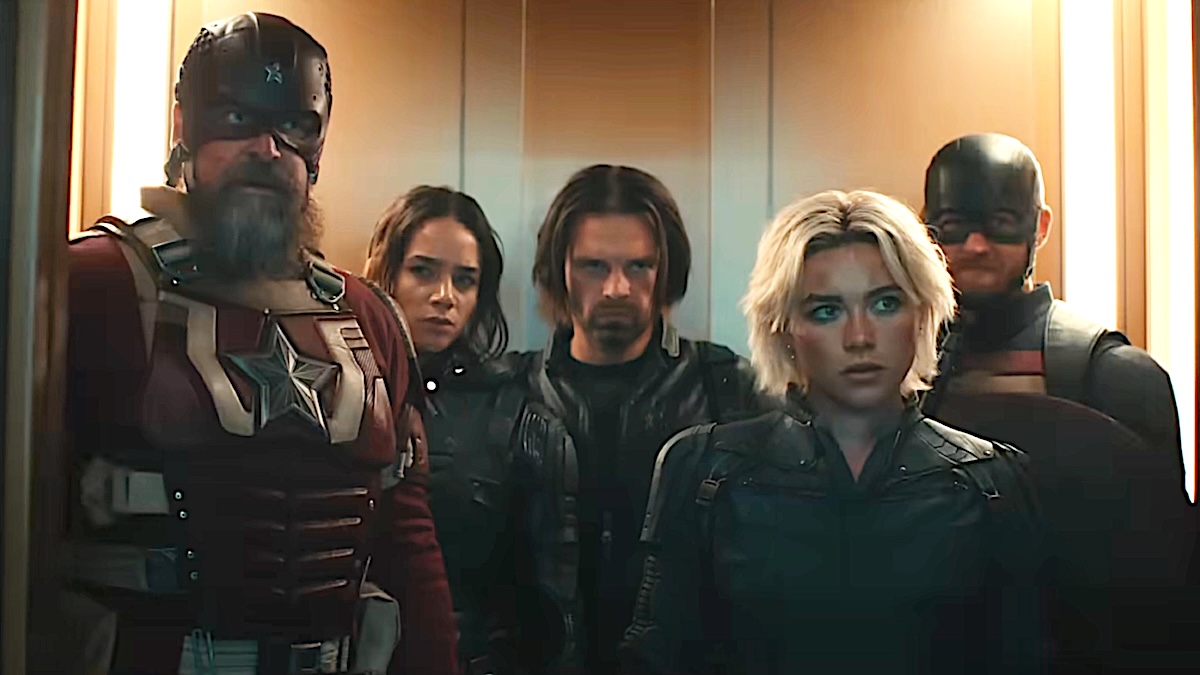


















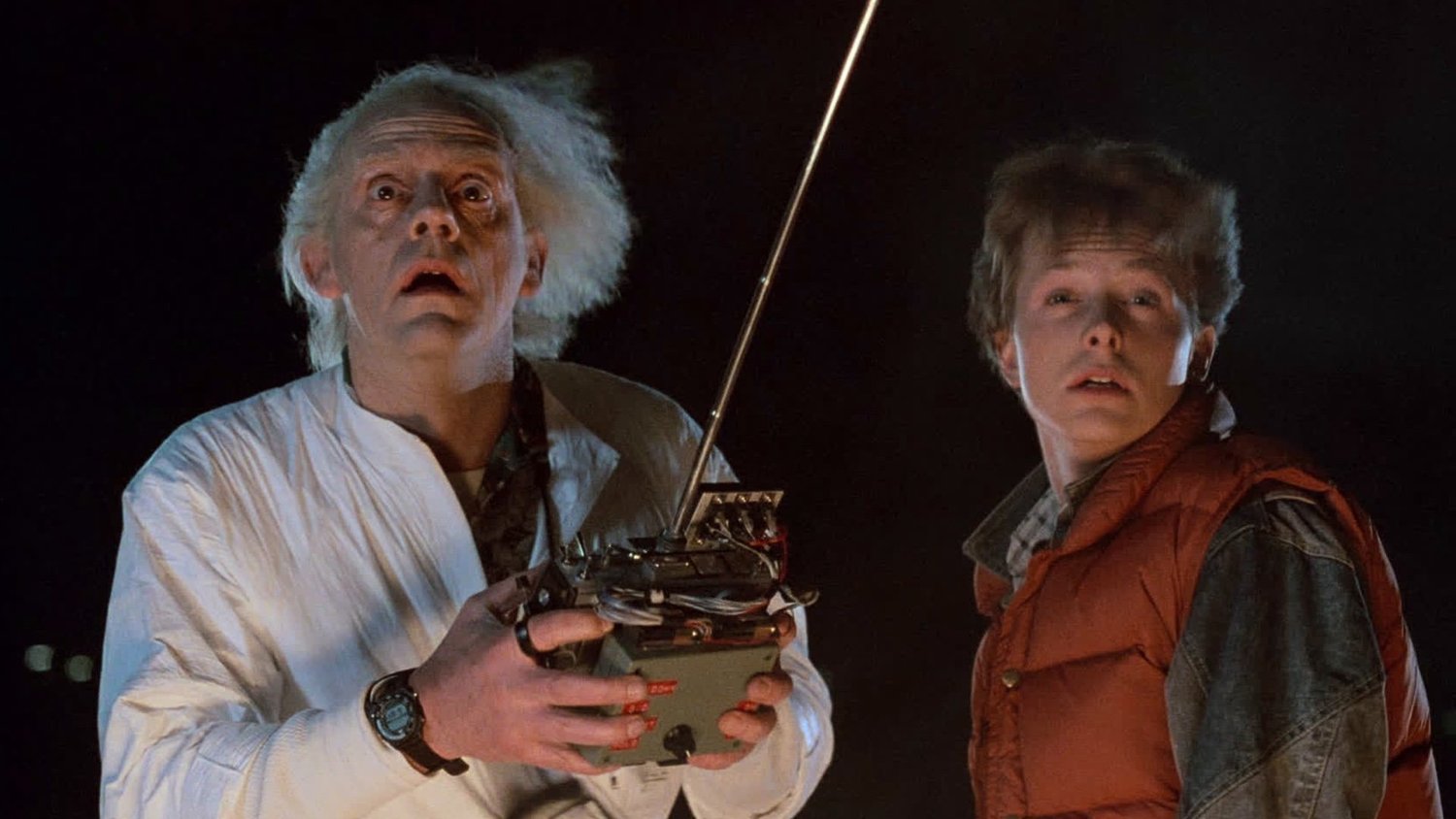
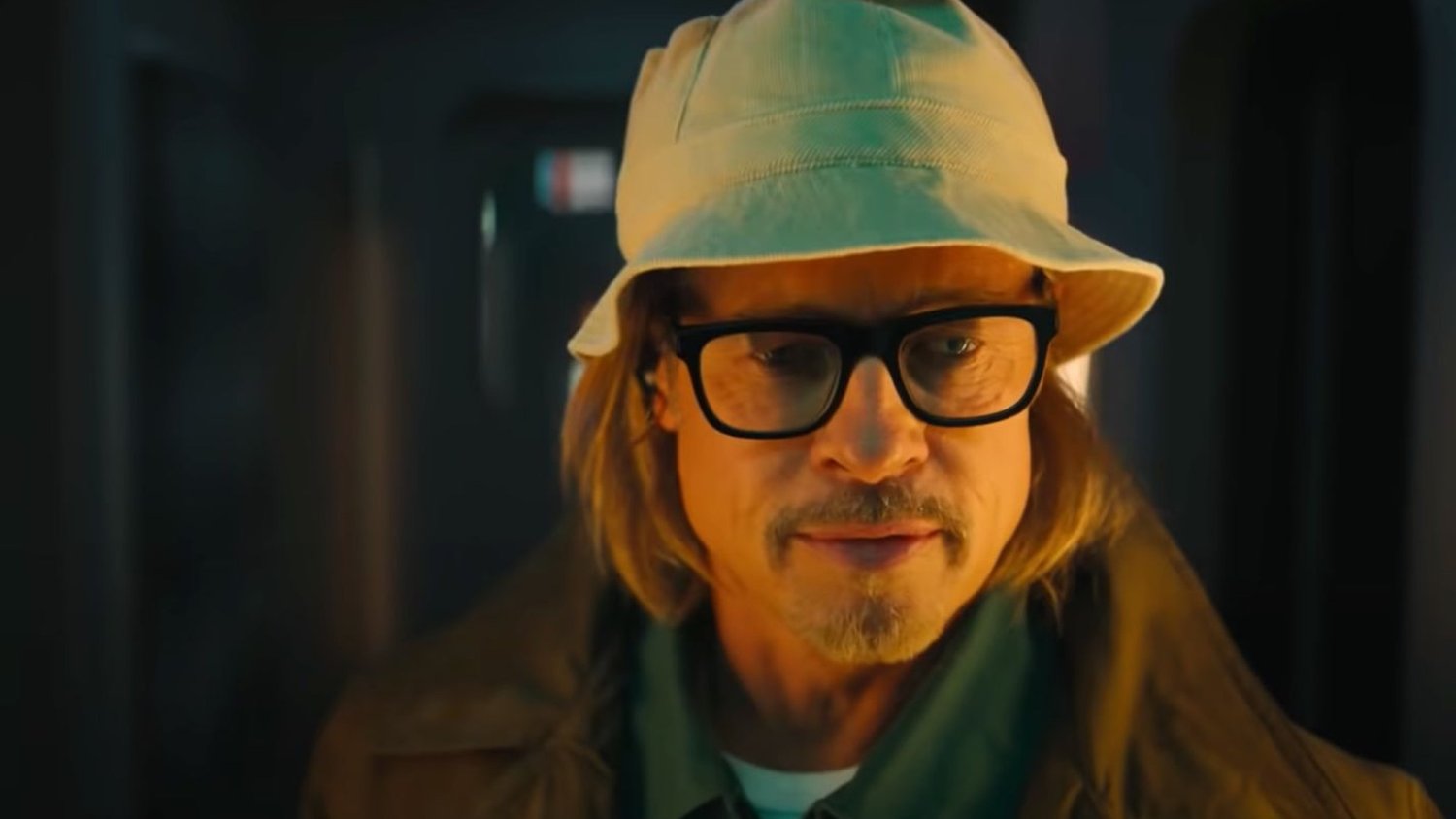












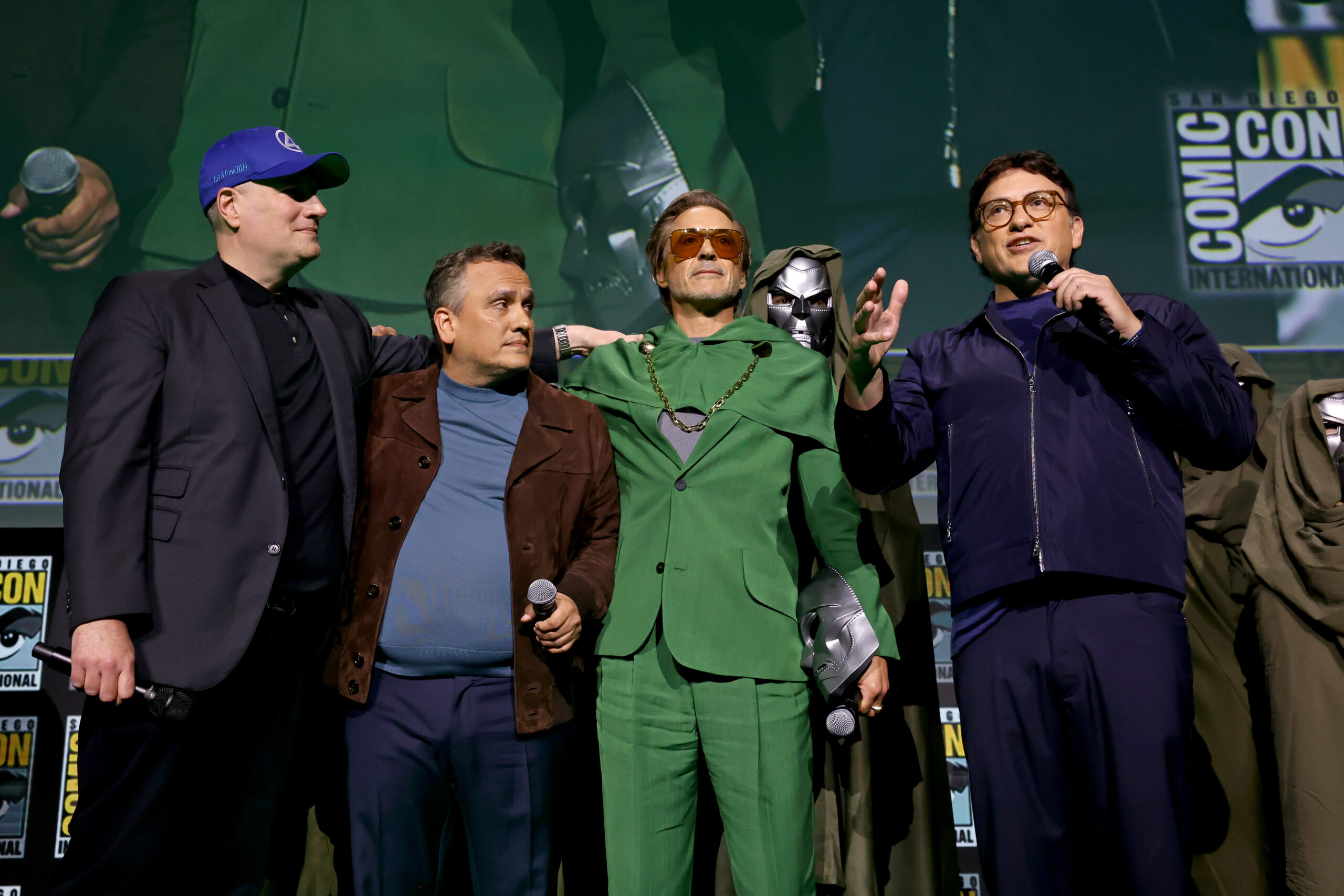
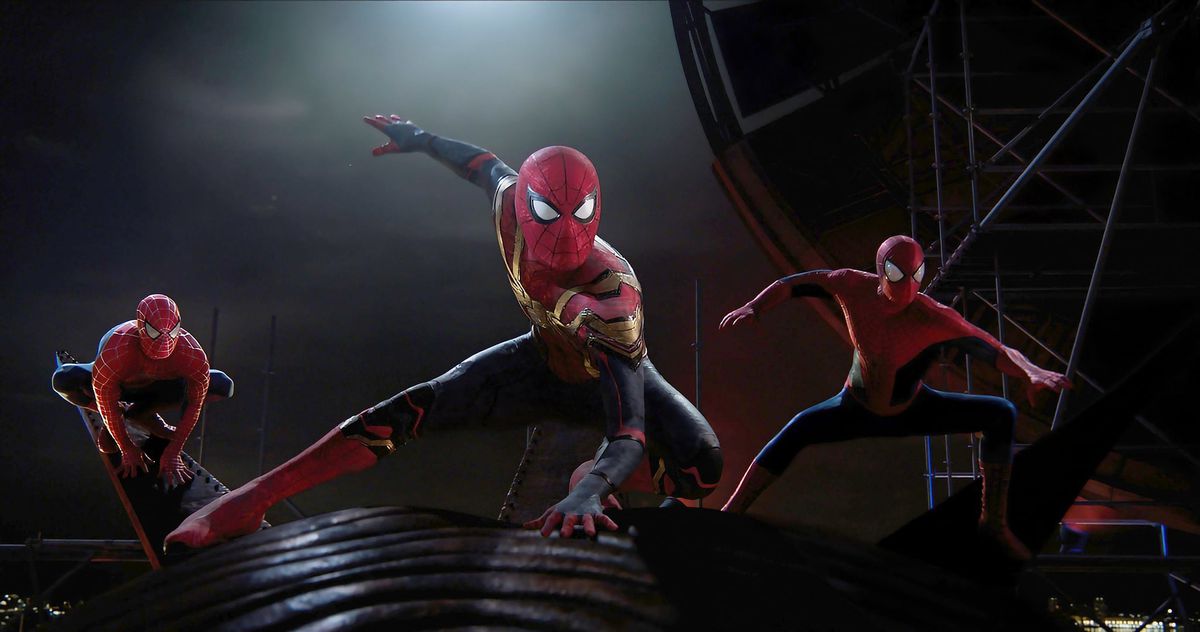


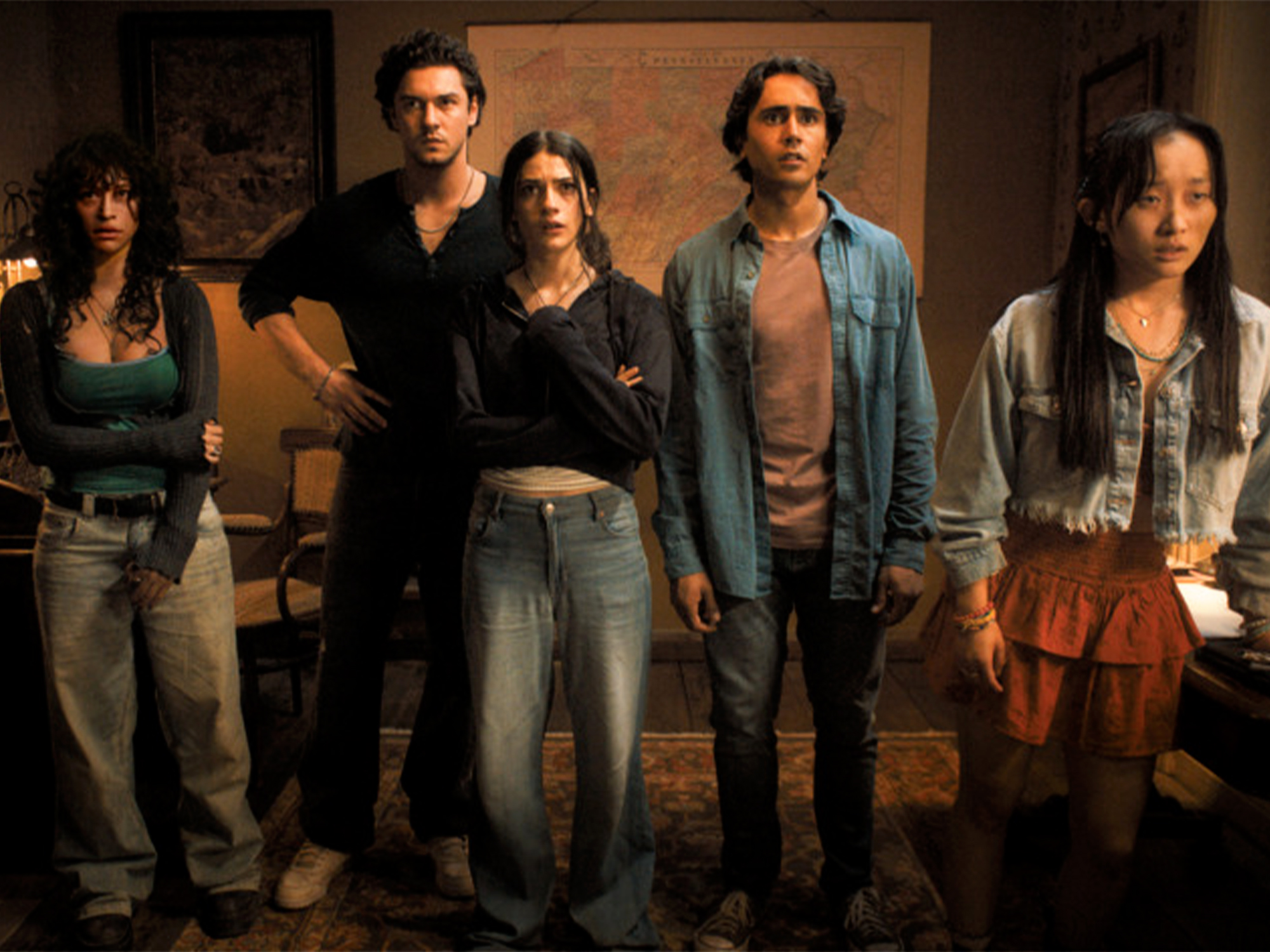











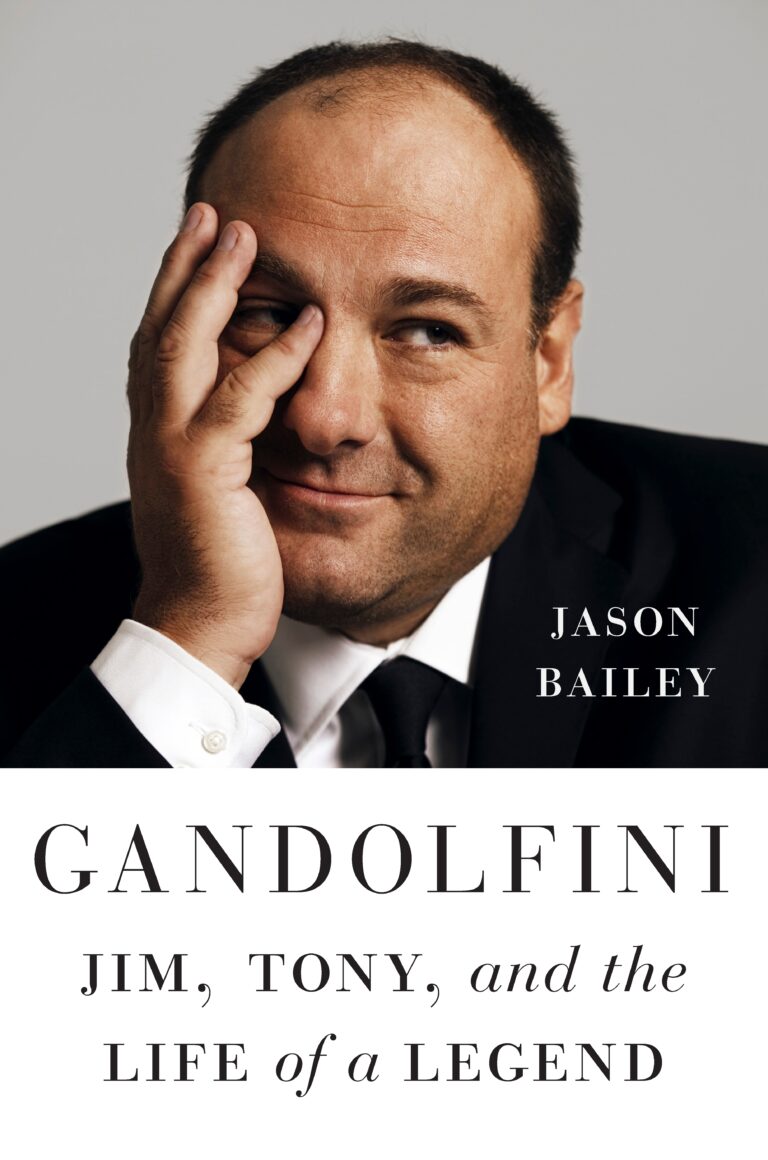





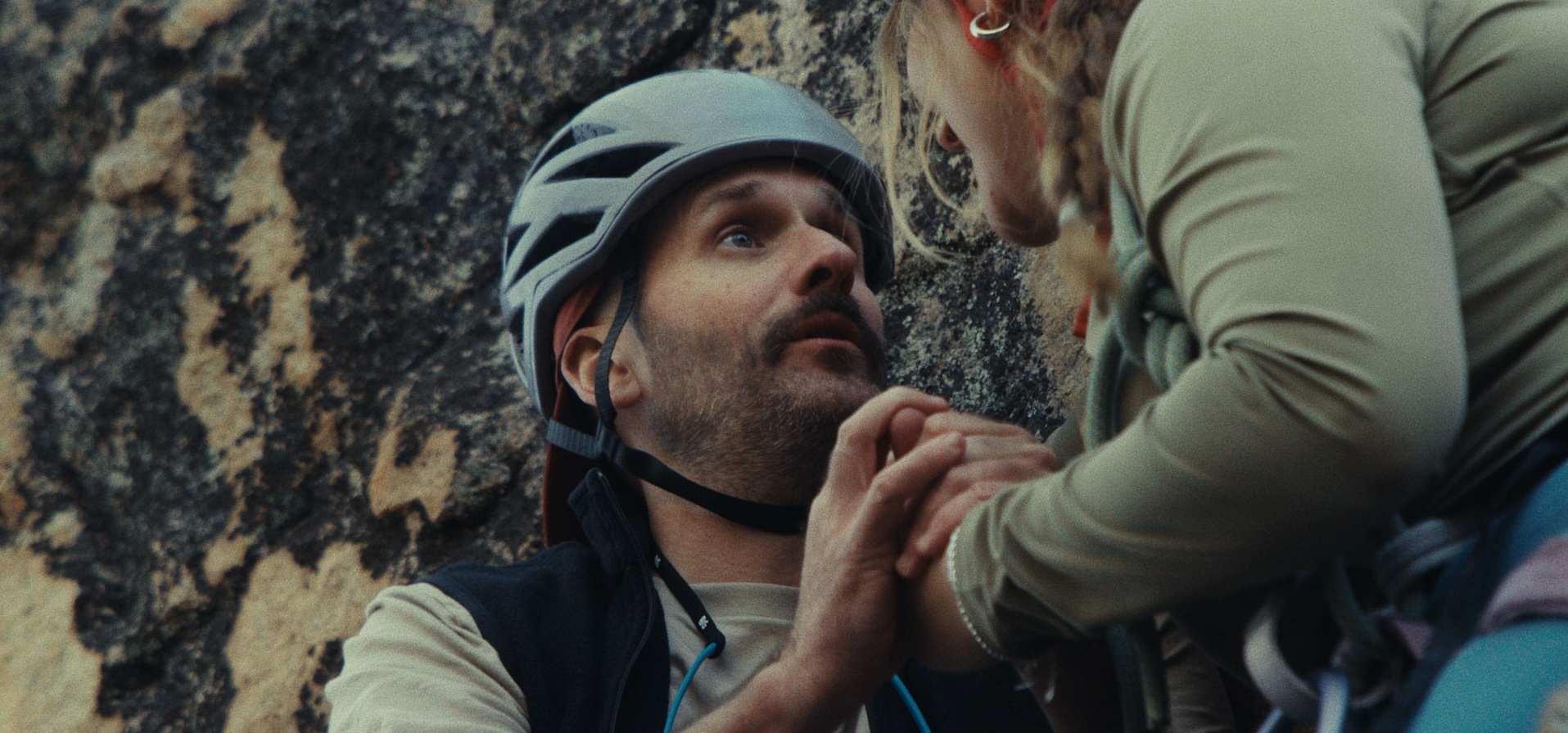


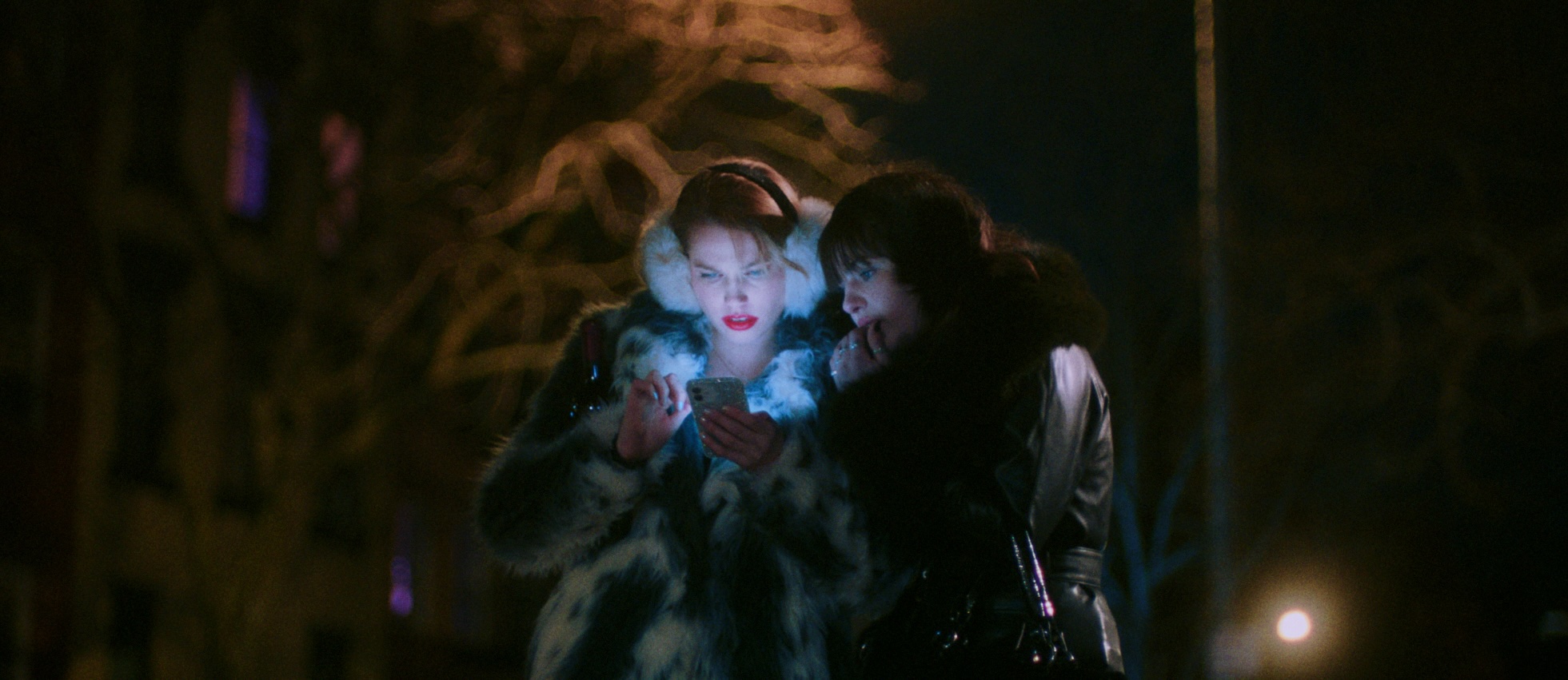
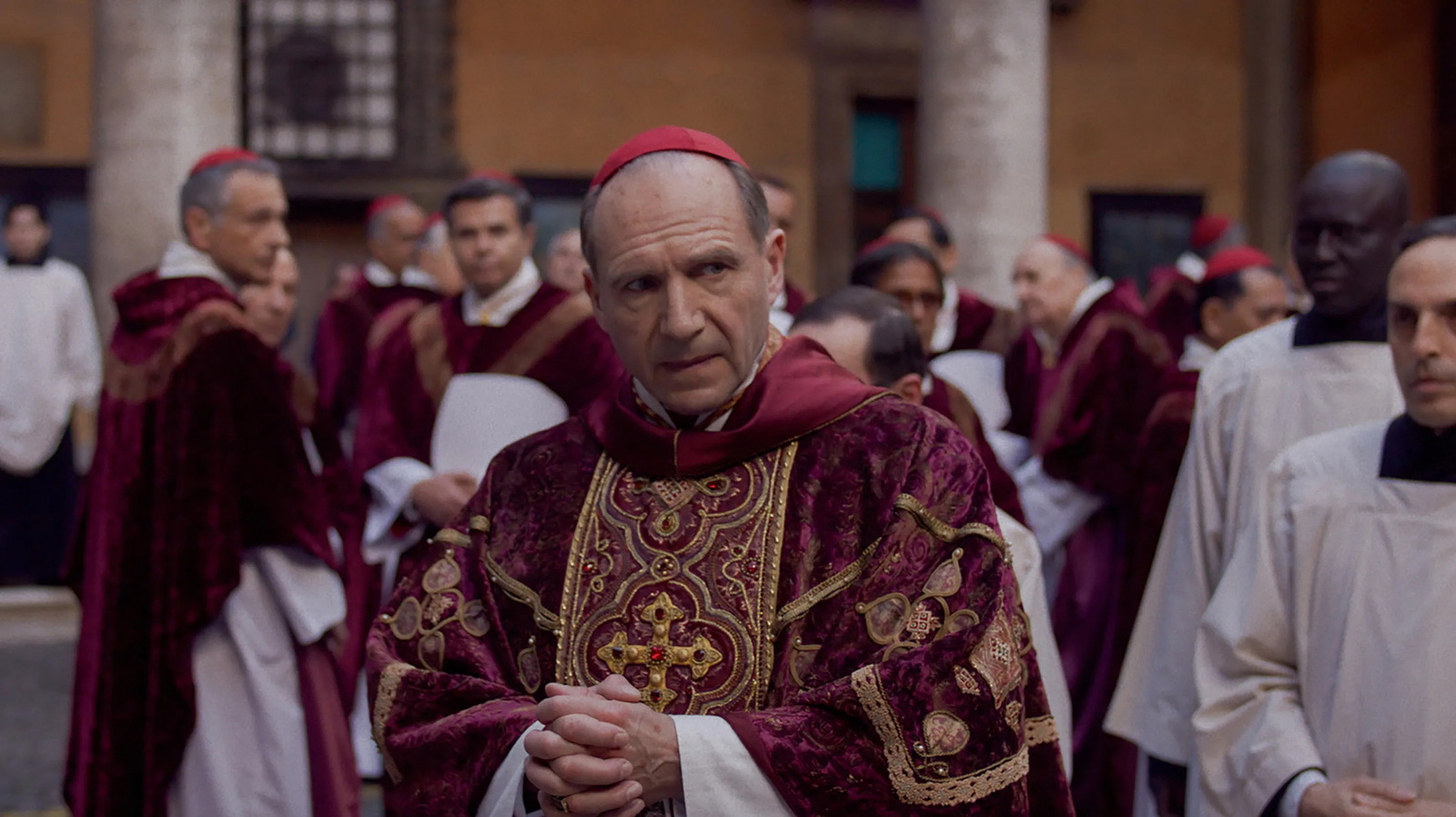


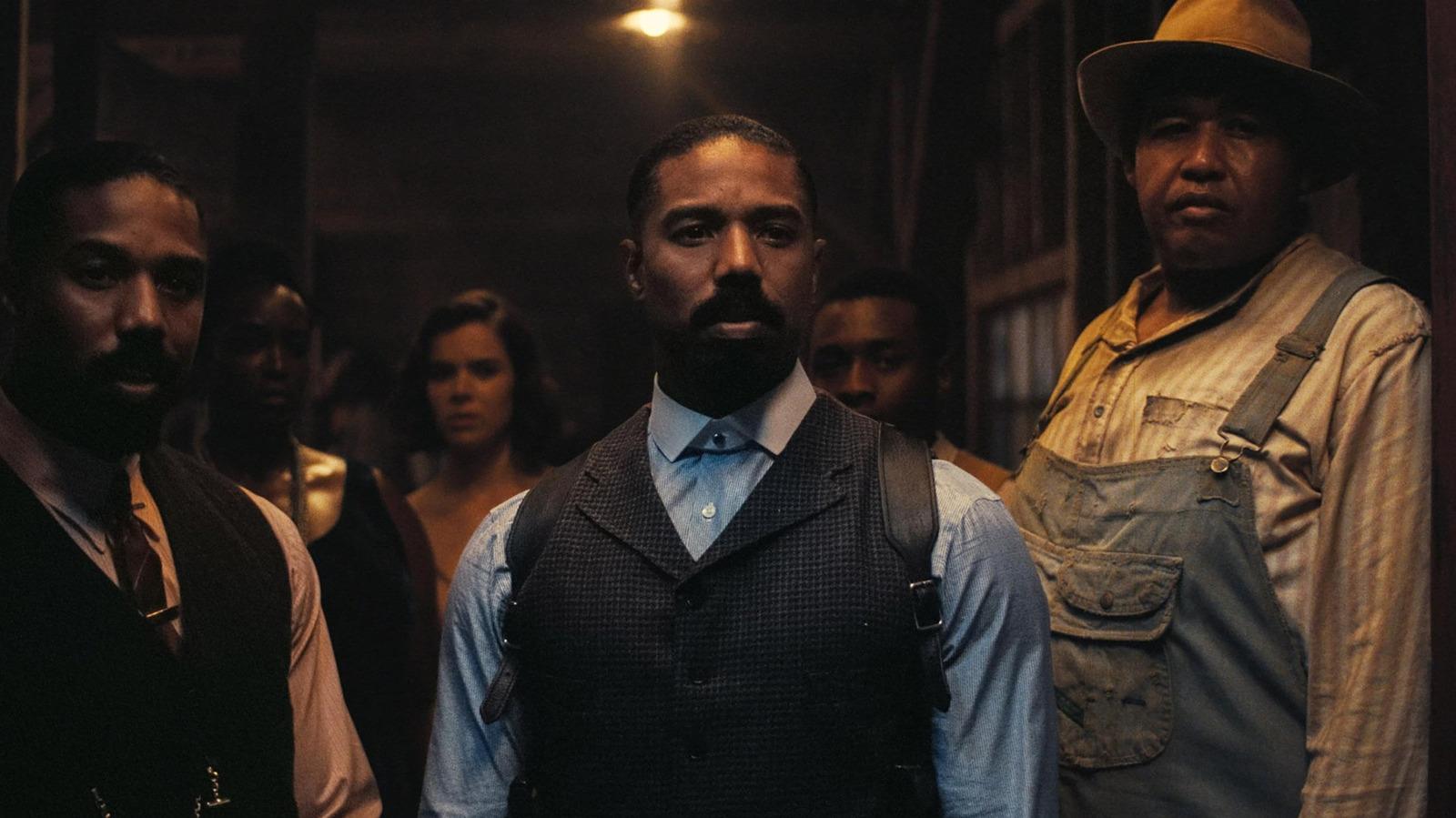













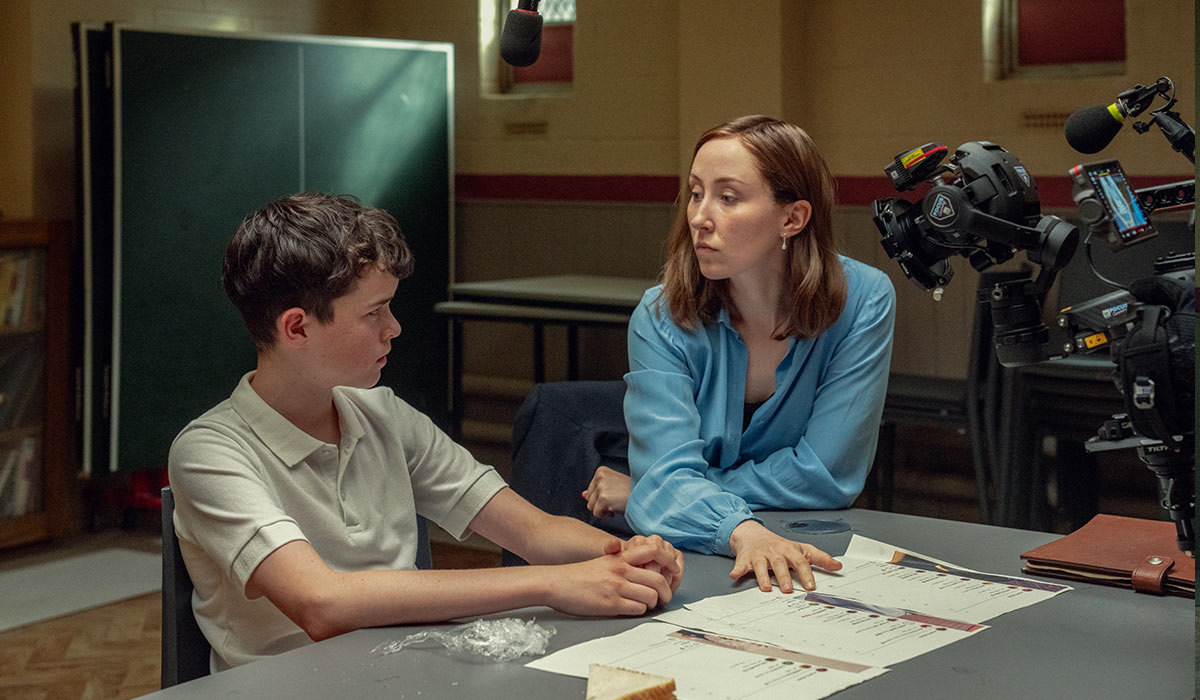


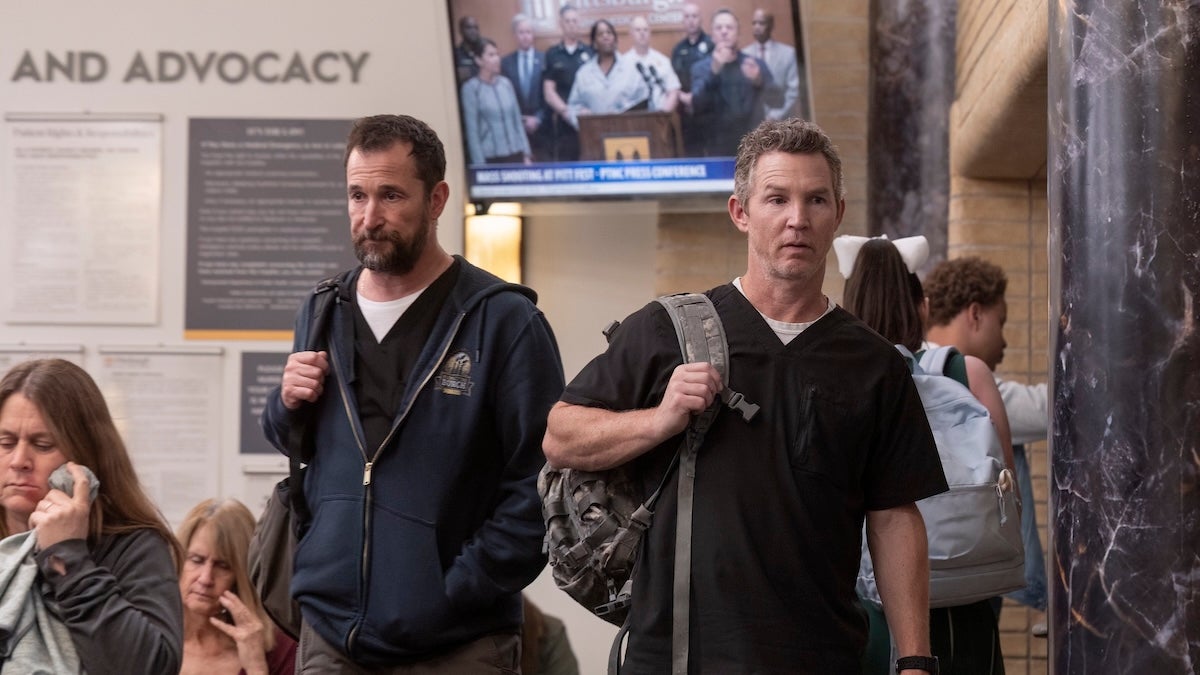

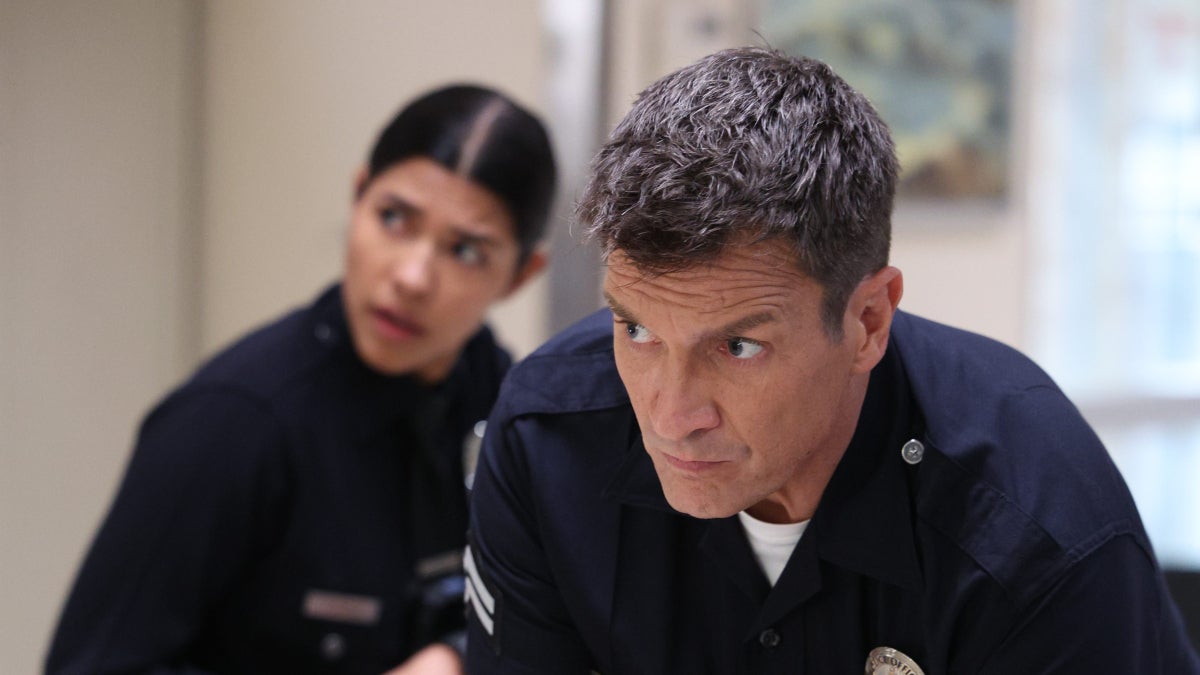
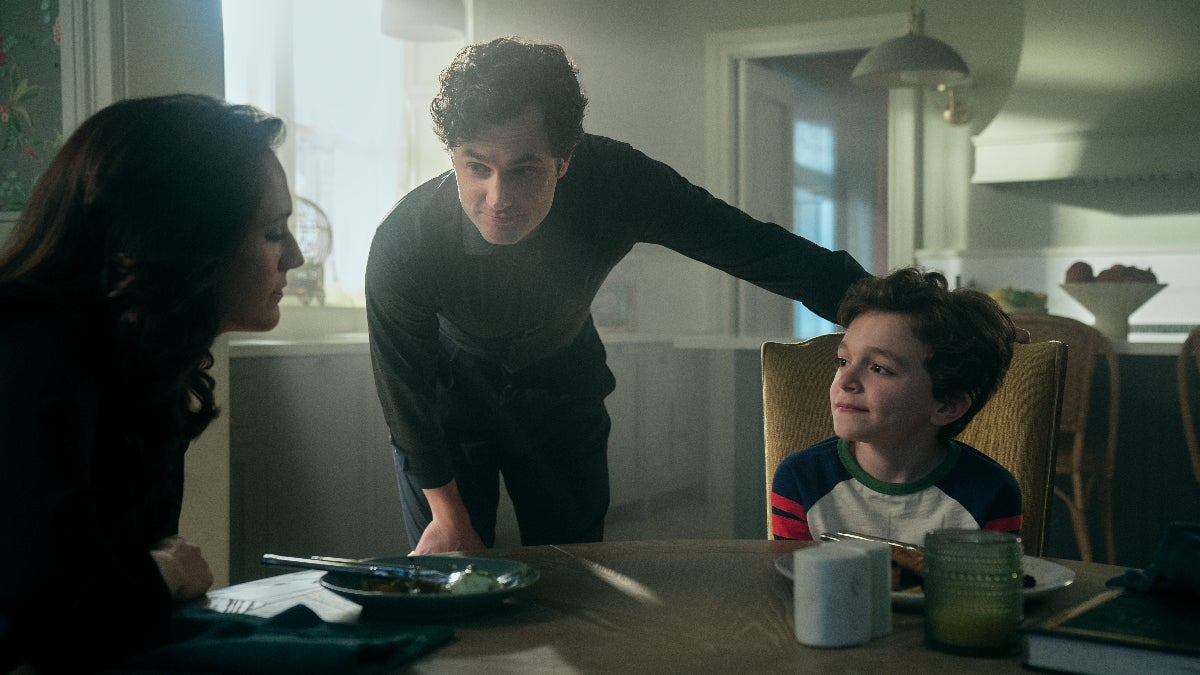
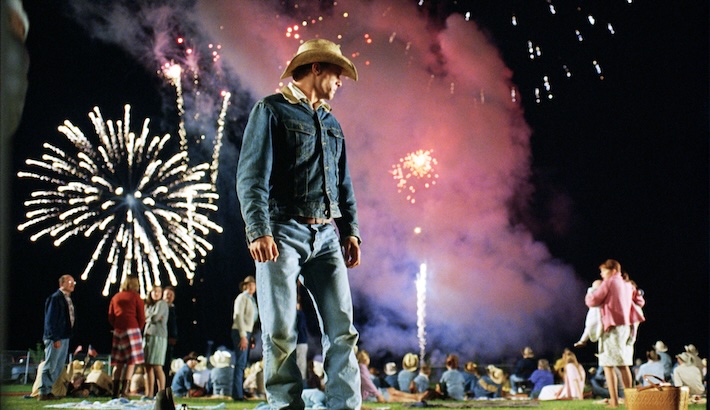






































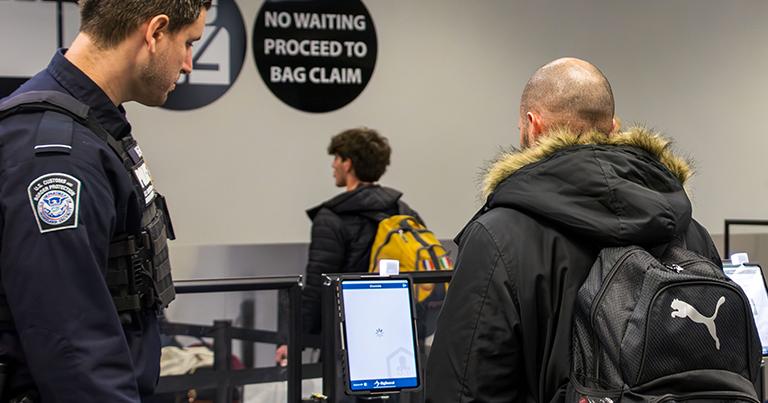
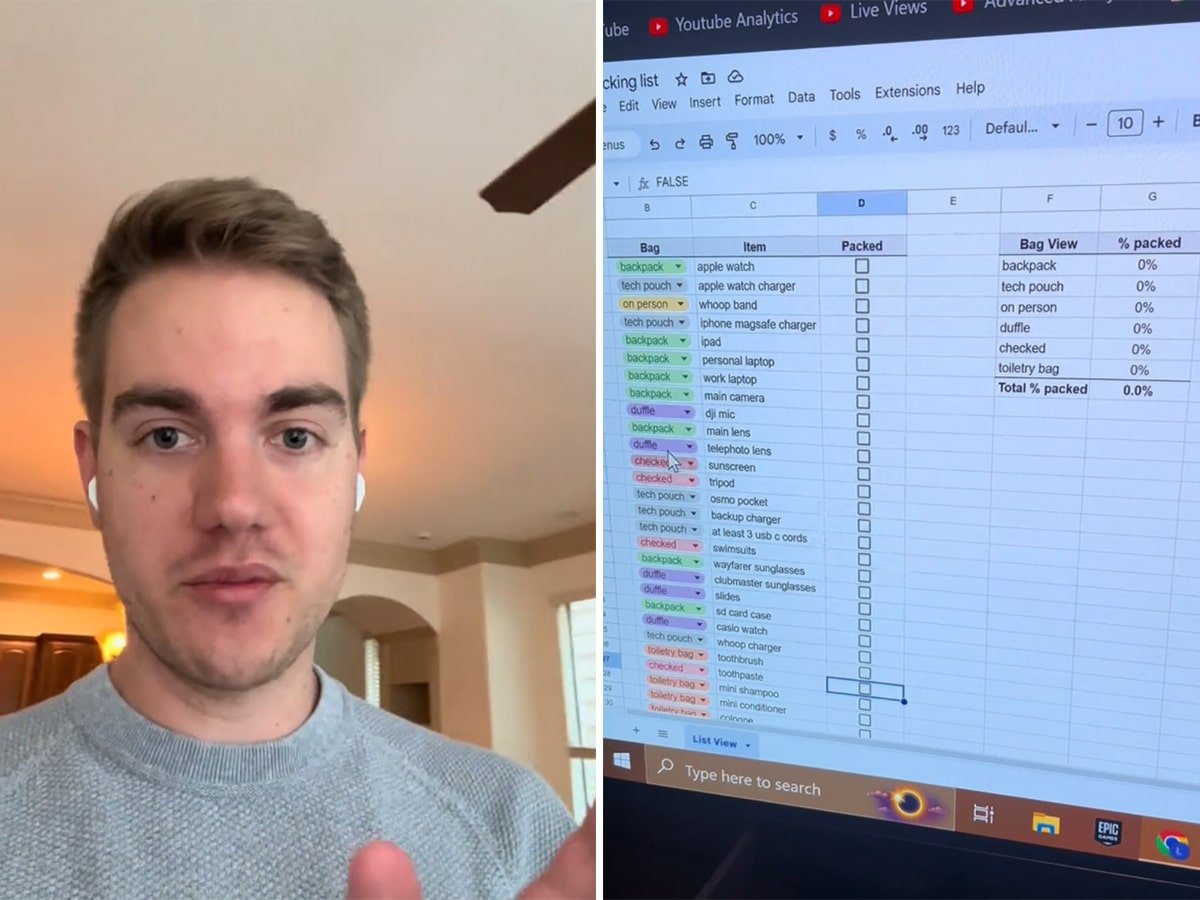





































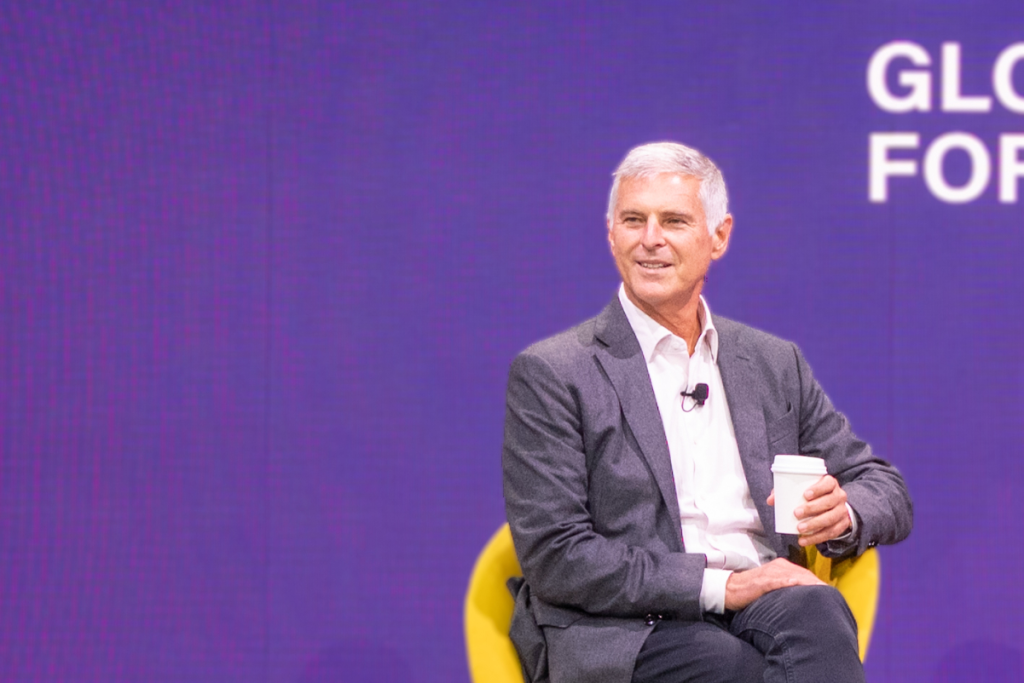










































.png?width=1920&height=1920&fit=bounds&quality=70&format=jpg&auto=webp#)
.png?width=1920&height=1920&fit=bounds&quality=70&format=jpg&auto=webp#)

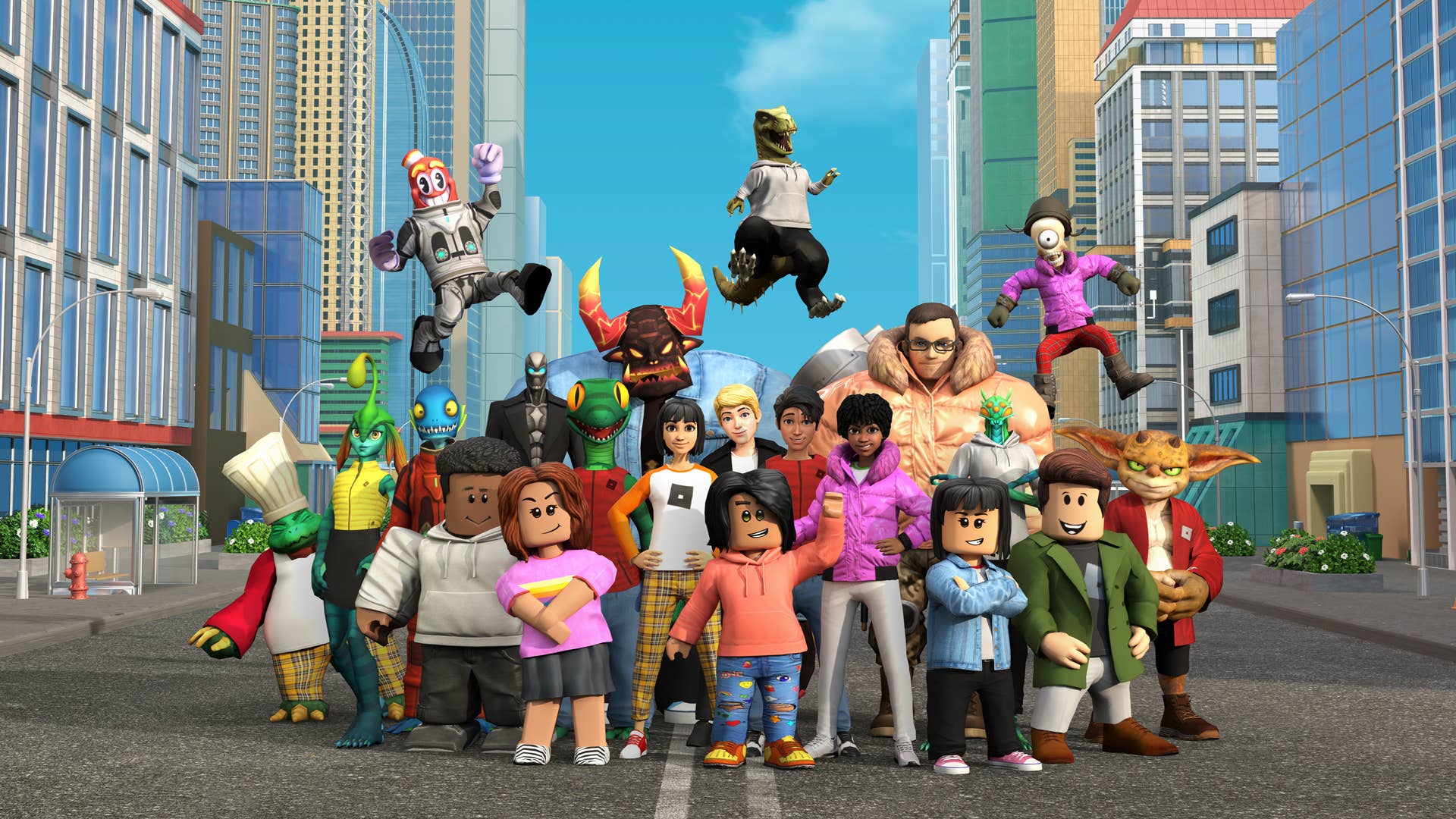





































































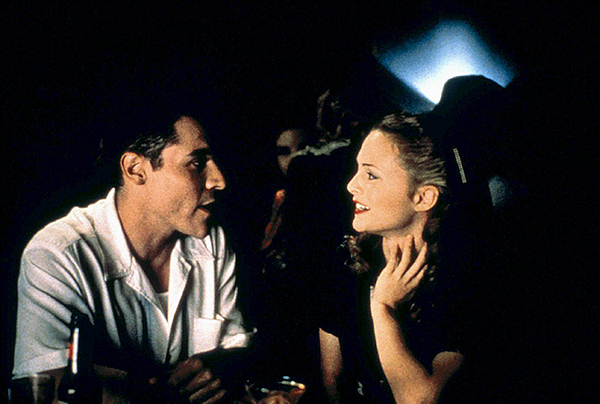
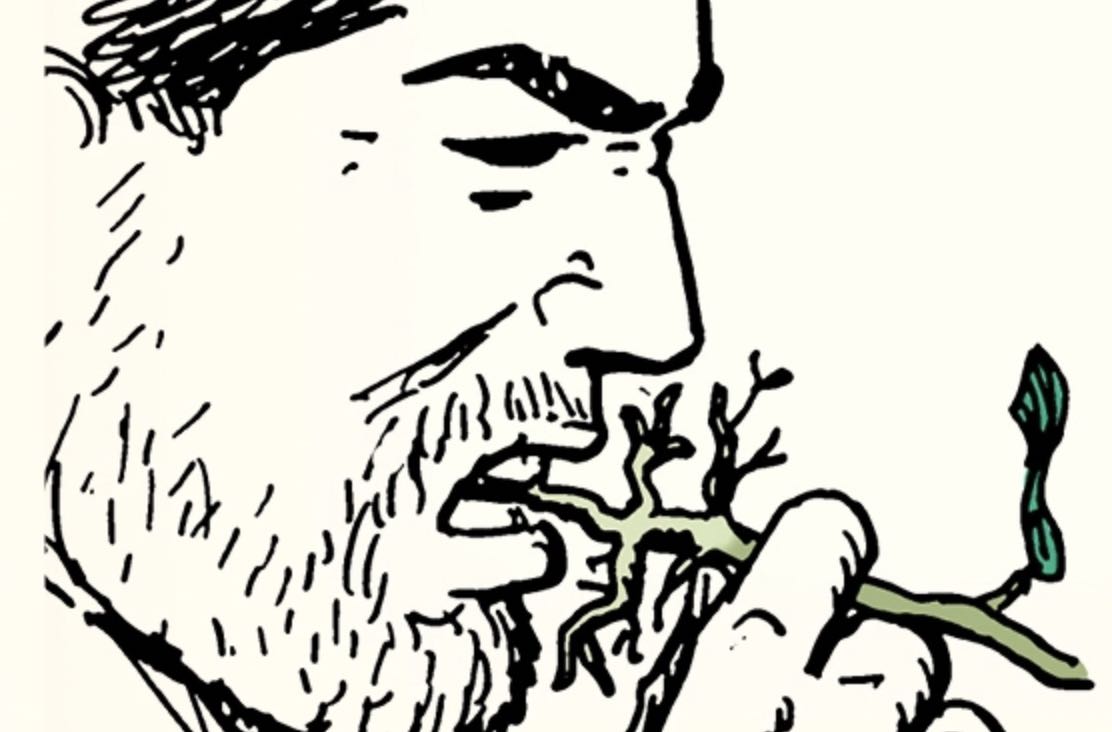



























































.png)









![[Podcast] Smarter Brand Growth: How to Align Marketing & Sales (with ABM/ABX) with Jennifer Mancusi](https://justcreative.com/wp-content/uploads/2025/04/jennifer-mancusi-26.png)







































































